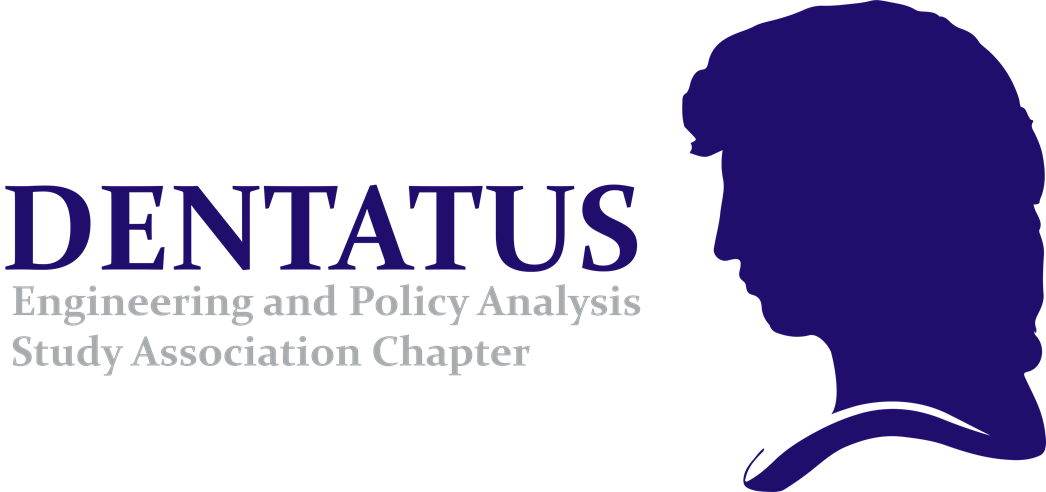The MSc programme Engineering and Policy Analysis (EPA) is a fully accredited, two-year full-time TU Delft MSc programme taught in English. The two fundamental themes of the EPA programme are policy and politics and analytics, modelling and simulation. The academic year starts in early September and continues until July of the following year. The curriculum comprises two years of two semesters each (one semester has two course periods), which adds up to 120 ECTS.
The central focus is on analysing and solving complex problems that involve many parties with conflicting interests. The two fundamental themes of the EPA programme are policy & politics and analytics, modelling & simulation. Such problems require solutions that not only solve the technological aspect of it, but also to address the societal and political aspects by the interactions and participation of different parties involved. As a student you will work on real and actual cases, such as the Ebola outbreak, the banking crisis, scarce metals or the introduction of hydrogen as an energy carrier, often with the real commissioner of the work at arm’s length. Also, climate change policy adaption is a topic commonly analysed through EPA lenses: which policies would be feasible in specific contexts, what will the future look like and how can different societies adapt to it in better ways?
At the heart of the EPA programme lays an interdisciplinary approach. In today's society technology is no longer sufficient for solving problems; we need to consider organisational, legal, administrative, commercial and managerial aspects as well. The EPA interdisciplinary programme is broader than (monodisciplinary) engineering studies such as chemical, mechanical, or software engineering. This makes the EPA programme an interesting - but at the same time complicated - field of study and work. The EPA modules, therefore, are prepared and taught by staff from a wide range of disciplines: mathematicians, technologists, economists, lawyers and social scientists. We strongly believe that student performance is not only influenced by the quality of our education but also by EPA community building – both between students and between students and staff; we have an introduction week and regular get-togethers, there is a very active student body, international dinners organized by students themselves, and much more. To find out more about the students and their projects, please have a look at the EPA student stories page
